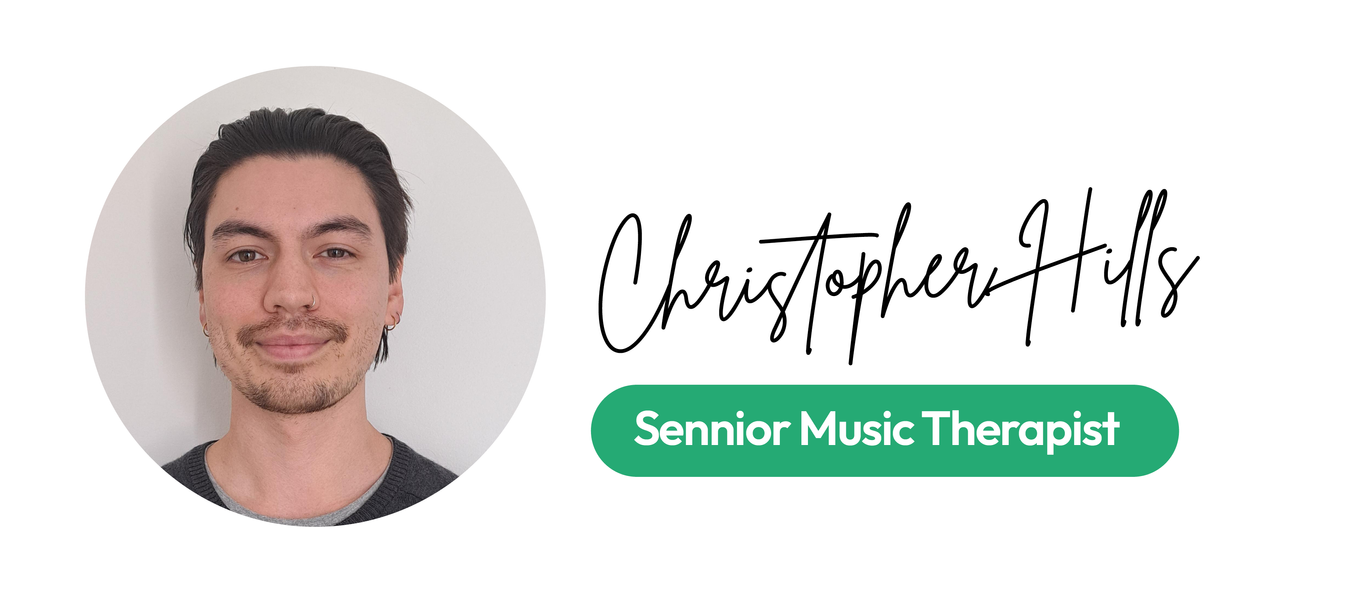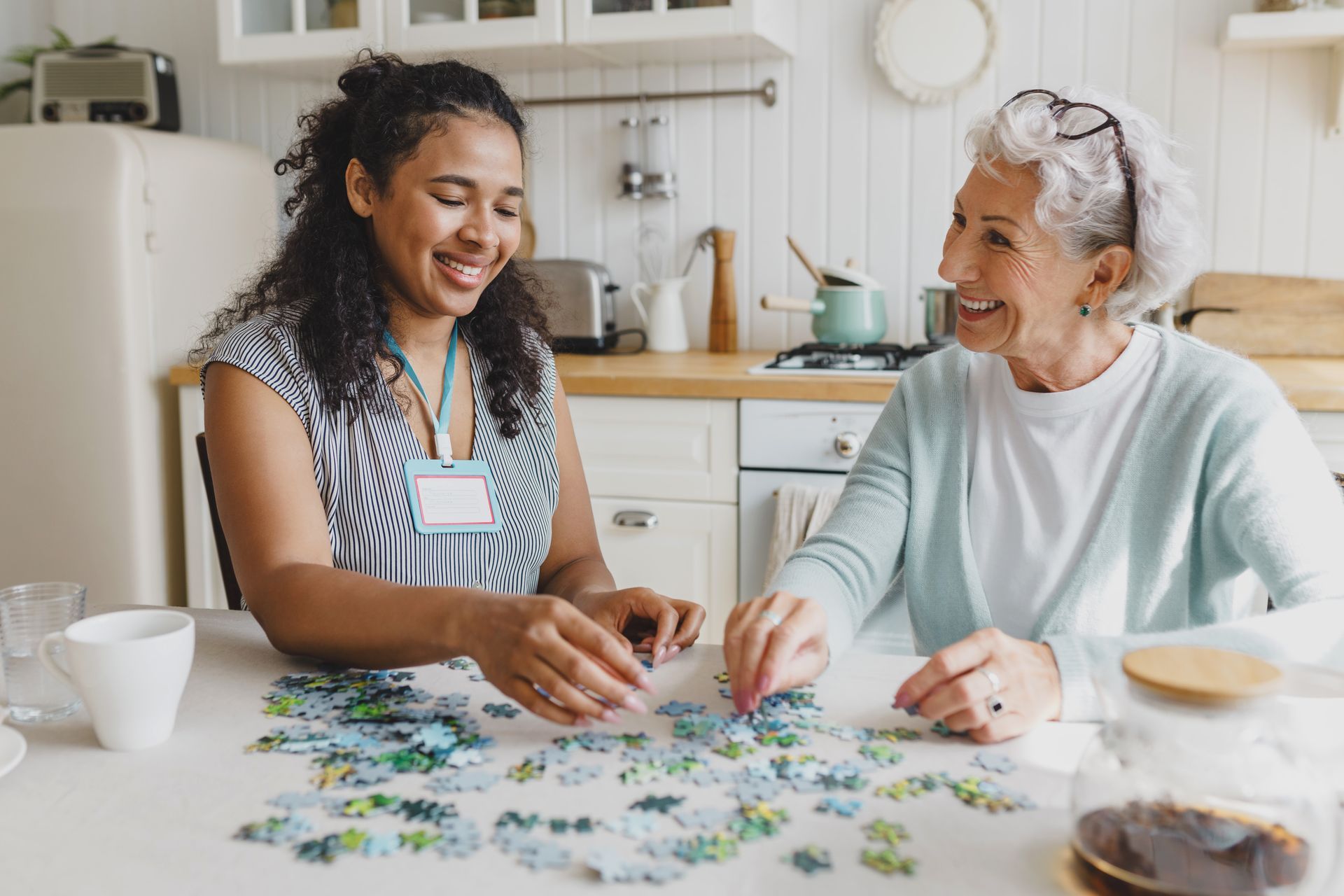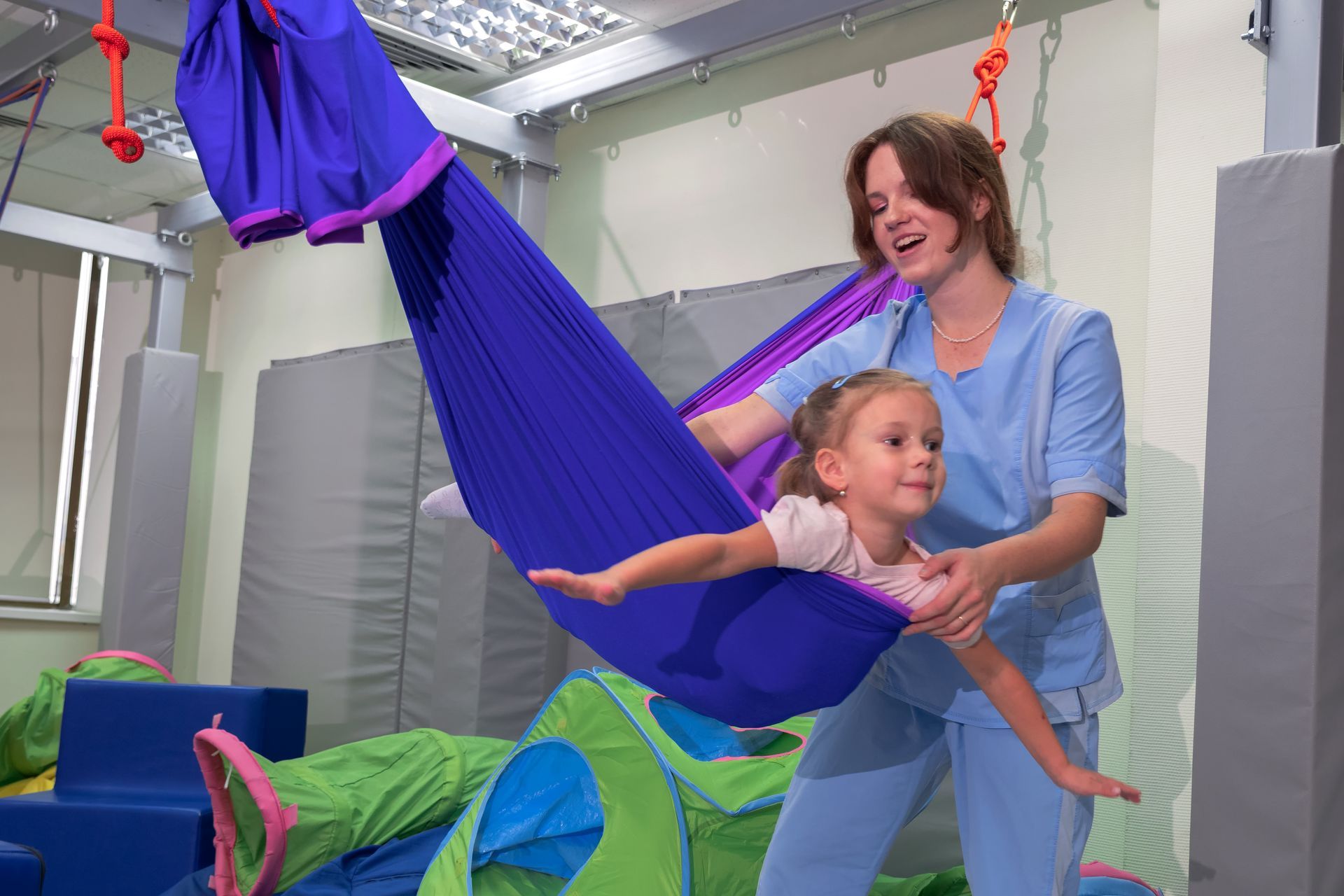Unlocking potential: Introducing helpz's Creative Therapies

At helpz, we’re always exploring innovative ways to support the well-being of our participants. Our latest initiative is the development of our Creative Therapies model, a fresh focus designed to enhance the emotional and mental well-being of our participants.
Led by senior music therapists Christopher Hills and Tessa McDermott, our creative therapy approach aims to incorporate a variety of strategies tailored to meet the unique goals of each participant. By aligning these strategies with the individual interests and hobbies of our participants, we aim to create a nurturing environment that promotes therapeutic growth and fosters new social connections.
Our creative therapies are conducted in group settings, offering a variety of engaging activities such as yoga, cooking classes, video game sessions, group singing, and more. These activities are not only enjoyable but also serve as powerful tools for achieving therapeutic outcomes.
This is just the beginning of our Creative Therapies journey at helpz, we are incredibly excited about this development and are eager to share it with our deserving participants. We believe that through these creative therapies, participants will not only have fun but also experience significant positive changes in their mental and emotional wellbeing. We look forward to witnessing the transformative impact of this program on our community.

Ready to explore the benefits of Creative Therapies?
If you or someone you know could benefit from our innovative therapeutic approach, we’d love to hear from you! Reach out to our team today to learn more about how our Creative Therapies can support mental and emotional well-being while sparking joy and connection. Let’s get started on this transformative journey together!







